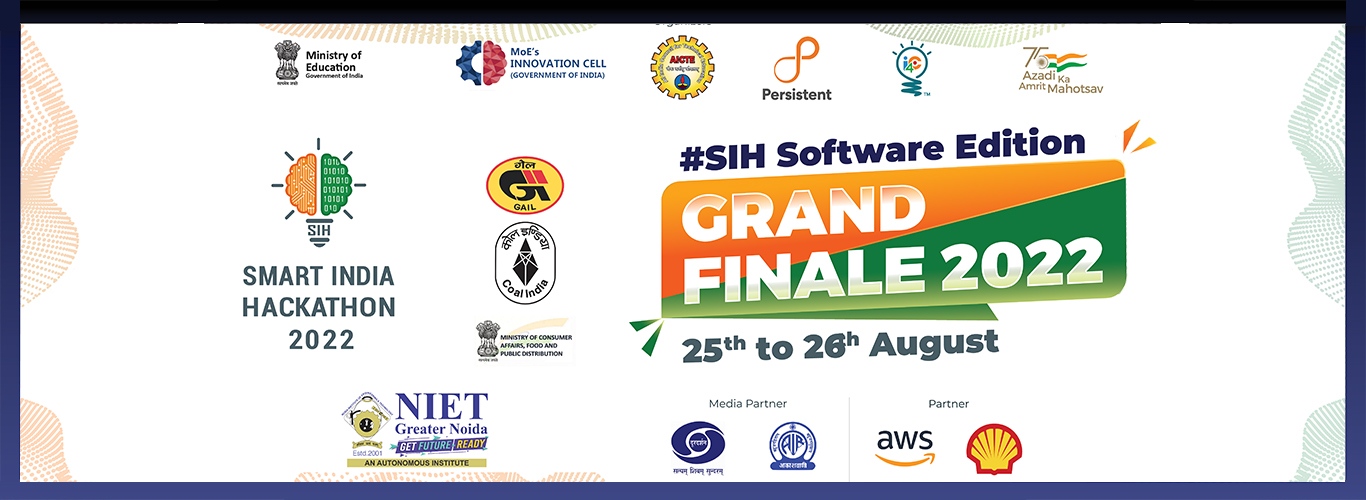- Admissions
- Incubator
- ANTI RAGGING
- Quick links
- About P.F.S
- NAAC SSR
- Career
- Grievance Redressal Cell
- Feedback Forms
- FAQs
- Academic Calendar
- Audited statements
- NIRF Data
- ARIIA
- NIRF, NBA & NAAC Certificate
- Mandatory Disclosure
- RTI
- IQAC
- Refund of Caution Money (till-2020 passout only)
- Gender Policy
- Women Empowerment Committee
- Privacy Policy
- Terms and Conditions
- Approvals
- Request for AKTU's Original Mark Sheets and Degree by Post
- Refund and Cancellation Policy
- NIET Examination Portal
- NIET ERP
- NIET Research
- PGDM
- Society By laws
- Resolution of the society
- Media
- Blog
- Hackathon
- NIET Research
- IIC- NIET
- NIET NISP
- Conference
- edit@niet
- Contact Us
Industry Supporting
 Motivation:
Motivation:
NIET has established Advanced Robotics Control Laboratory to meet the challenges of current scenario in the area of research, innovation and development. Indo-Euro Synchronization is an initiative created by a group of experienced technical and business professionals to connect India and Europe closer together.
Software 1: (KUKA SIM PRO 3.0.4 by KUKA)Smart simulation software for efficient offline programming: with KUKA.Sim, you can easily and quickly optimize the production operations of your systems and robots – for increased flexibility, productivity and competitiveness.
Software 2: (ROBOT STUDIO 6.03 by ABB)RobotStudio is built on the ABB Virtual Controller, an exact copy of the real software that runs your robots in production. This allows very realistic simulations to be performed, using real robot programs and configuration files identical to those used on the shop floor.
Hardware Details
- KR 10 R 1420 –KUKA ROBOTICS ARM
- KRC4 controller
- Computer
Windows 10pro
Processor-Intel Core i3-3220T, 2.80 GHz
RAM: 8 GB
System Type: 32 bit OS
Training Conducted: Applied Robotic Control (ARC) The ARC is an initiative by Indo-Euro Sync to provide real time industrial automation solutions in both organizational and academic level. ARC has already been organizing regular student seminars in Germany including workshops and live experiments at APS in Germany. ARC provides to the students the access to industrial robotics under production conditions with remote control. An extensive exchange program for Indian faculty members guarantees the high quality of the educational lessons and practical courses. These practical courses allow direct control of the industrial robots in Germany from Indian universities. Concretely, the students learn simulating, programming and controlling the robots in order to test their results at these industrial robots, which are equipped with grippers, sensors, etc.
Outcome :Applied Robotic Control for Industrial Automation: Students learn individually and as a team to solve concrete industrial tasks which are splits into various suitable sub-tasks for immediate learning success. These tasks are supervised by trained Indian faculty members along with remotely participating German experts. The automation tasks are designed and developed in cooperation with the Indian faculty members.


